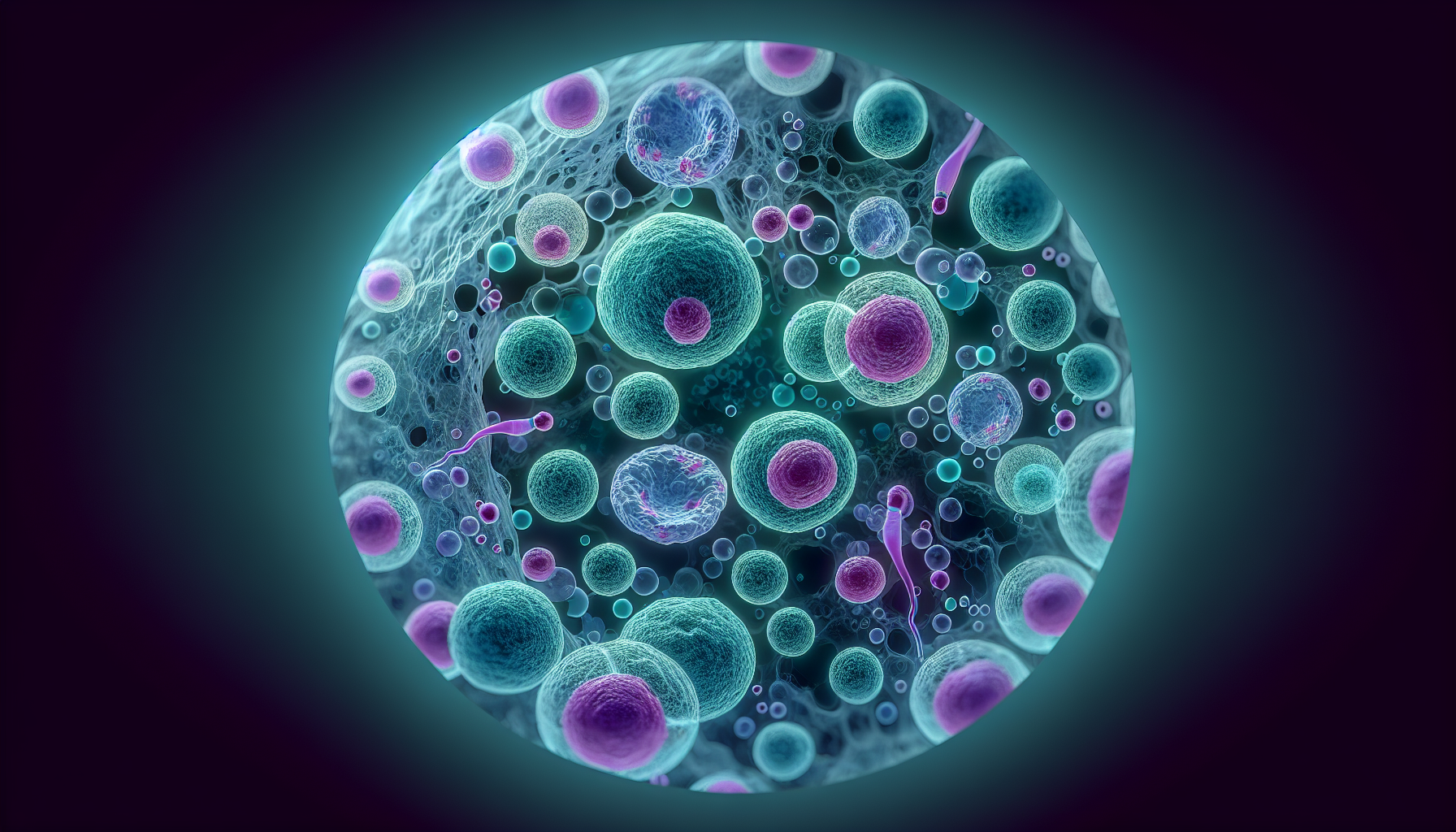Innovative Immunotherapy Approaches Transform Urothelial Cancer Treatment
Key Takeaways
- Immunotherapy is transforming the treatment landscape for urothelial cancer.
- Pivotal trials highlight significant survival benefits of immunotherapy combinations.
- Personalized treatment considerations are crucial for effective outcomes.
Did You Know?
Introduction to Immunotherapy in Urothelial Cancer
Recent advances in immunotherapy are offering new hope for patients with advanced urothelial cancer. By leveraging the body’s immune system, these therapies aim to improve survival rates and provide more personalized treatment options.
According to Petros Grivas, MD, PhD, the incorporation of immunotherapy into early treatment stages has shown promising results. These new approaches are part of a broader movement towards individualized patient care.
Historical Challenges and New Horizons
Historically, treating bladder cancer posed significant challenges due to limited therapeutic options. However, ongoing clinical trials and research are changing this landscape. The development of new immunotherapy drugs and combinations is offering patients better outcomes and more choices.
Grivas highlighted that treatments like nivolumab in combination with gemcitabine and cisplatin are showing considerable success. These advancements mark a key shift from the traditional platinum-based chemotherapy, extending survival outcomes significantly.
Key Trials and Findings
Several pivotal trials have underscored the effectiveness of combining immunotherapy with standard chemotherapy. For instance, the CheckMate 901 trial explored the concurrent use of nivolumab with gemcitabine/cisplatin. The study found that this combination significantly improves overall survival (OS) and progression-free survival (PFS).
The EV-302 trial also demonstrated that enfortumab vedotin paired with pembrolizumab produced impressive results, showing significant benefits over traditional chemotherapy regimens. These findings have helped establish immunotherapy as a frontline treatment option for urothelial cancer.
Personalized Treatment Considerations
While enfortumab vedotin and pembrolizumab are emerging as the standard care for first-line treatment, it's crucial to consider individual patient characteristics. Factors like neuropathy, diabetes, liver function, and autoimmune diseases play a crucial role in treatment decisions.
Tailoring therapy to individual needs ensures more effective and safer treatment outcomes. Informed, shared decision-making between patients and healthcare providers is essential for selecting the best regimen.
Future Directions in Urothelial Cancer Treatment
Despite these advancements, there are still questions and challenges to address. Researchers are focusing on identifying biomarkers to predict patient responses and improve treatment accuracy.
Ongoing clinical trials and future studies will continue to refine and expand the use of immunotherapy in urothelial cancer. The ultimate goal is to provide effective, personalized treatment options for all patients.






